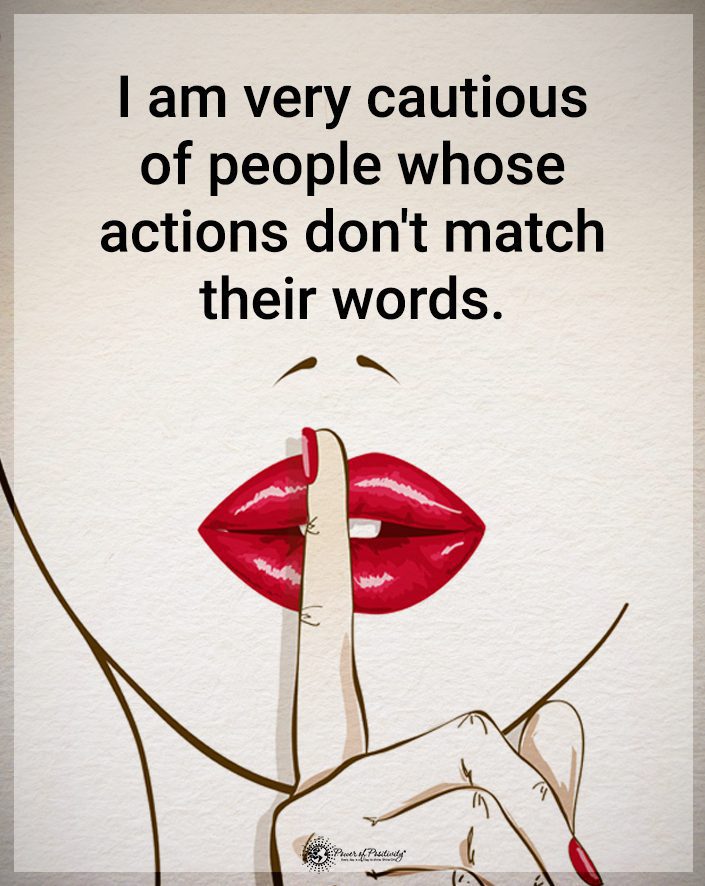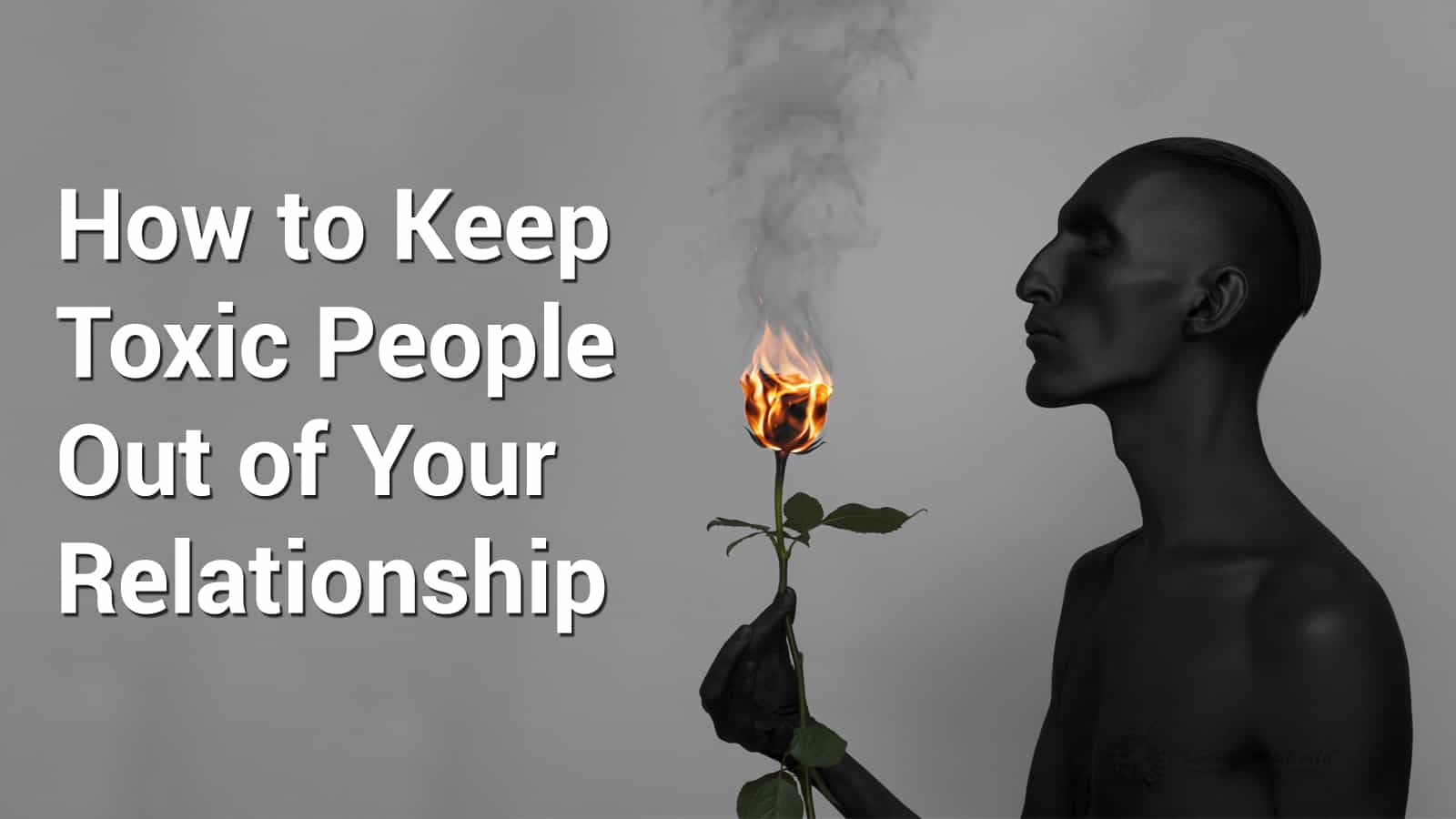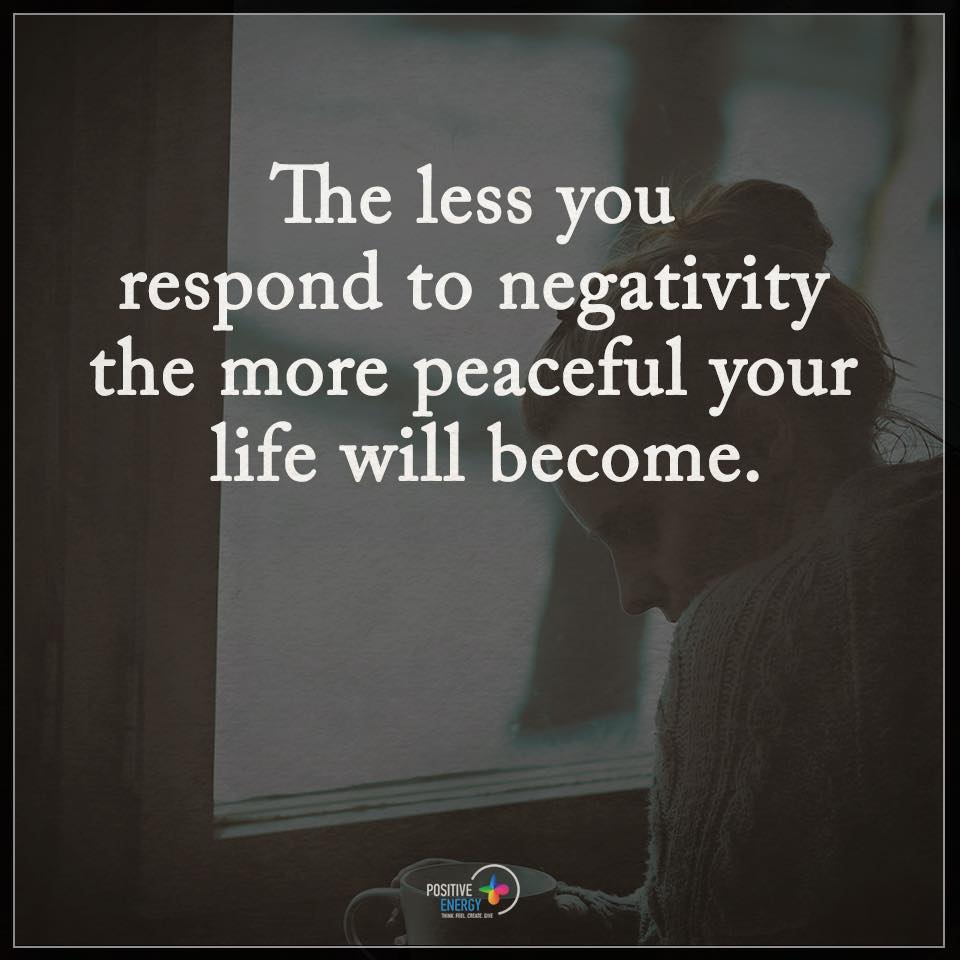Some people don’t know how to mind their business. When these toxic personalities get involved in your relationship, it’s time to tell them to keep out. This article will look at the destructive ways others will try to butt in where they don’t belong. Also, we review how you can prevent yourself and your partner from the emotional drain of their toxic behavior.
How to Keep Toxic People Out of Your Relationship
Some people love a good story. So the intimate details of your relationship are like a juicy soap opera that they can’t get enough of. Naturally, they will keep asking you more about your feelings toward your partner. Then they get more into the nitty gritty of your affairs when they should be keeping out of your business.
If only all of the people we talk to could respect our privacy, be socially polite, and keep the confidences that we entrust them with, then we wouldn’t have to worry about the negative effects on our relationship. But when people use the information that you share to tell others, get entertainment value from your life, or use the details to manipulate your behavior, these toxic people need to be kept out of your relationship.
Why toxic people get involved in your relationship
We all love a good story, and a good non-fiction love story is exactly what your relationship has turned into for the toxic person who won’t let you have your privacy. Maybe some of these phrases sound familiar:
- ‘I’m just worried about you.’
- ‘When you won’t include me in your life, I just don’t feel like you care.’
- ‘Why won’t you trust me?’
If you’ve heard these phrases or something similar from a person you suspect of being toxic, it’s a sign that they are trying to get the gossip on your relationship. Don’t let these toxic people manipulate your relationship.
Research by the Queensland University in Brisbane, Australia, found some interesting facts about malicious workplace gossip. They note it can be an influential form of power, strongly contributing to counterproductive behavior. There are negative consequences of the rumors spread by toxic people for those who are the targets of their attacks, for example, intentionally excluding someone from a group because they are being talked about in secret. The researchers say, ‘This research highlights the importance of recognizing gossip as an effective, though dark, form of power.’
What can you do to keep toxic people out of your relationship?
- Stop offering information about your relationship.
- When a toxic person with questionable motives asks you questions about you and your partner, say this instead of giving them the gossip they crave. ‘Why do you ask?’
- Confront toxic people about their need for gossip
- Say this. ‘The details of my relationship are a private matter between myself and my partner and we would like to keep it that way.’
- Set boundaries for the toxic person when they interact with you.
- You never have to tolerate unacceptable behavior from a toxic person. Instead, say, ‘If you continue to ask me about my relationship, I will stop talking with you.’
- Don’t make this an idle threat, if you set the boundary and the toxic person persists in asking you about your relationship, repeat what the boundary was and then state the consequence; that you are leaving, hanging up, or no longer speaking to them until they respect your privacy.
- Ensure that your partner sets boundaries too
- If you hold the toxic person accountable for their behavior, but your partner still shares your relationship information, your efforts will be wasted to keep the toxic person out. Make sure you act as a team to keep nosy people at bay.
Final Thoughts on Eliminating Toxic People From Your Relationship
Are you and your partner arguing about something? Sometimes your partner brings in a third party to confide in. Researchers at Brigham Young University in Provo, Utah say ‘Rather than deal with problems more directly within the confines of the marital relationship, the spouse engaging in social sabotage chooses to expose and defame the spouse, bringing third parties into ongoing marital dynamics.’ Your partner or an outside person may use rumors and gossip about your relationship to collect information and to ‘recruit others to take their side in a dispute.’
The Provo study also says that a toxic person can use gossip as a tool to engage in ‘social manipulation and using circuitous means to harm a victim. In particular, they recognized how rumors and gossip serve as a unique brand of covert, non-confrontational behaviors in which the perpetrator (the original source of the rumor) may remain unidentified. ‘If your partner spreads rumors, you might not know whom they have talked to about confidential pieces of your lives.

















